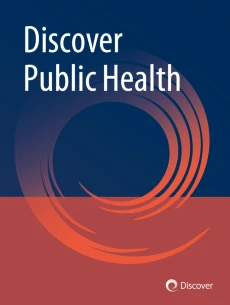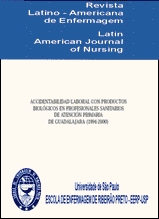Resumen
Aim: To describe the knowledge as well as current and potential use of self sampling kits among men who have sex with men (MSM) and to analyse their preferred biological sample and result communication method. Methods: We analyse data of MSM of HIV negative or unknown serostatus from an online survey conducted in eight countries (Belgium, Denmark, Germany, Greece, Portugal, Romania, Slovenia and Spain) between April and December 2016. It was advertised mainly in gay dating websites. We conduct a descriptive analysis of the main characteristics of the participants, and present data on indicators of knowledge, use and potential use of HIV self-sampling as well as their preferences regarding blood or saliva sample and face or non-face-to-face result communication by country of residence. Results A total of 8.226 participants of HIV negative or unknown serostatus were included in the analysis. Overall, 25.5% of participants knew about self-sampling (range: 18.8–47.2%) and 1.1% had used it in the past (range: 0.3–8.9%). Potential use was high, with 66.6% of all participants reporting that they would have already used it if available in the past (range: 62.1–82.1%). Most (78.6%) reported that they would prefer using a blood-based kit, and receiving the result of the test through a non-face-to-face-method (70.8%), even in the case of receiving a reactive result. Conclusion: The high potential use reported by MSM recruited in eight different European countries suggests that self-sampling kits are a highly acceptable testing methodology that could contribute to the promotion of HIV testing in this population.
Autoría:
HOYOS MILLER, Juan;
MATÉ, Tomás;
INDAVE, Blanca Iciar;
AGUSTÍ BENITO, Cristina;
CHANOS, Sophocles;
PICHON, François;
KUSKE, Mathias;
CIGAN, Bojan;
FUERTES, R.;
OOMS, L.;
STEFANESCU, R.;
CABEZA DE VACA, Cristina;
ARRANZ, Beatriz;
DE LA FUENTE DE HOZ, Luís;
BELZA EGOZCUE, María José






